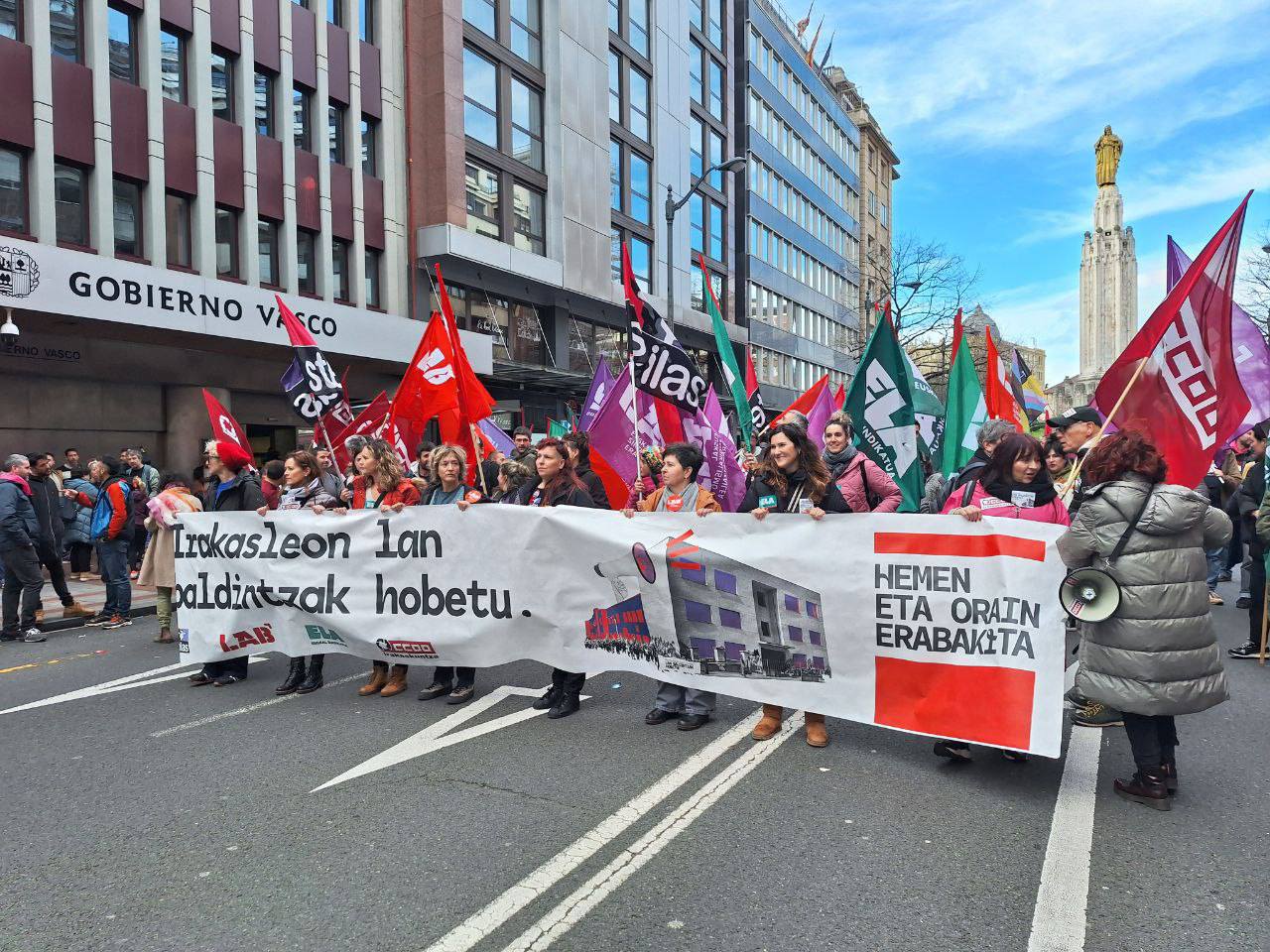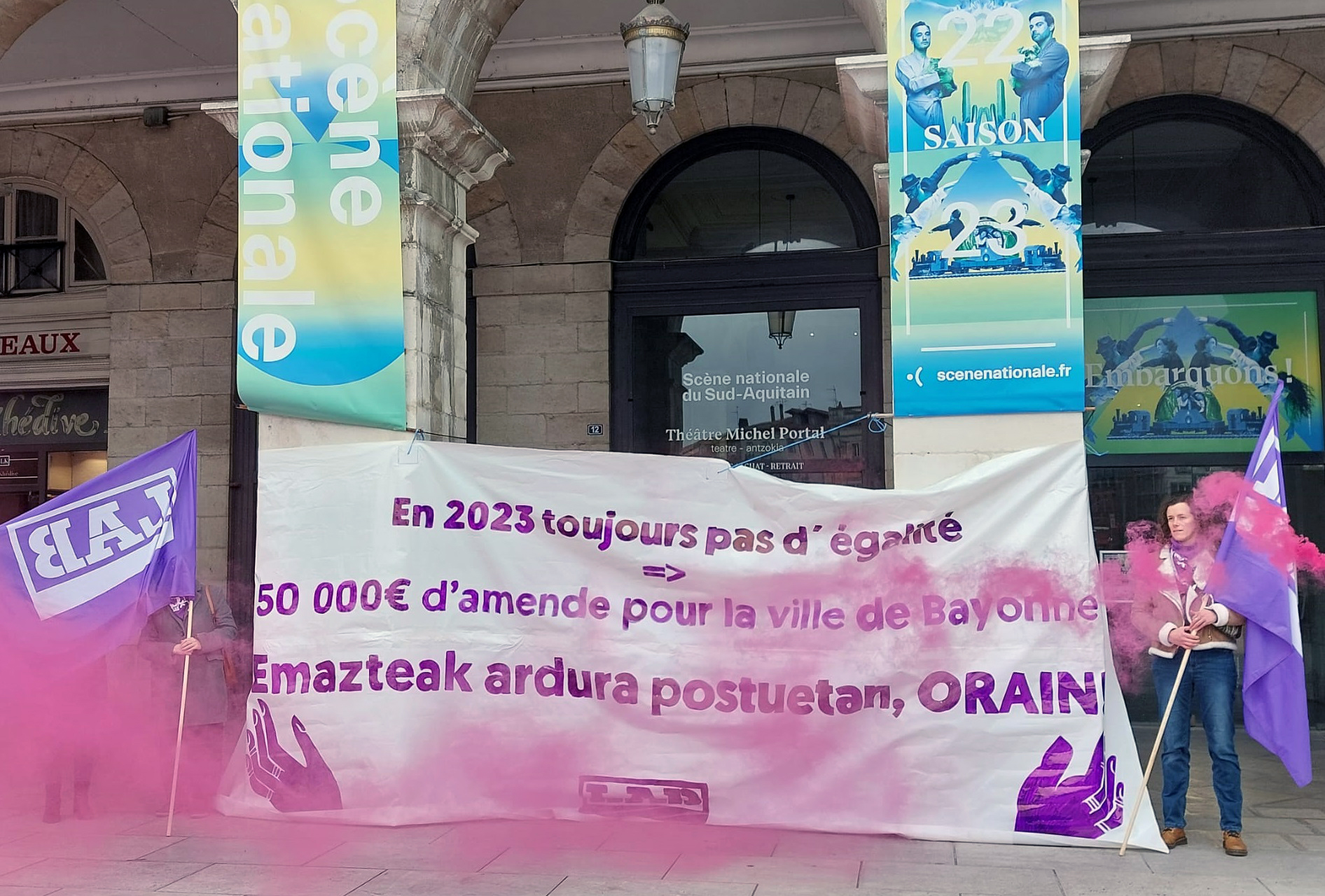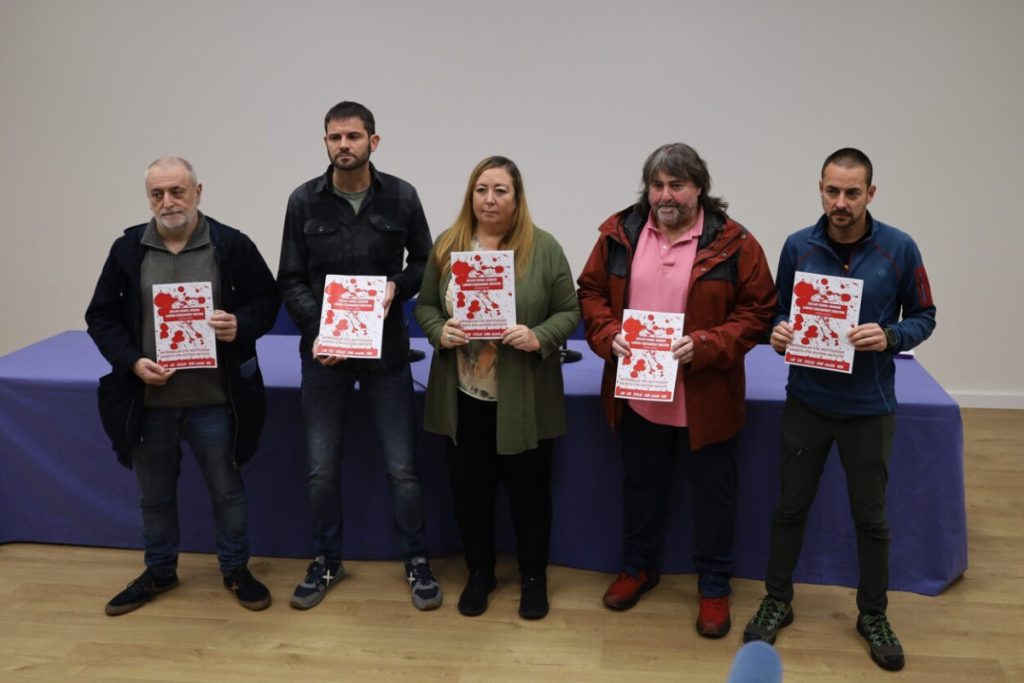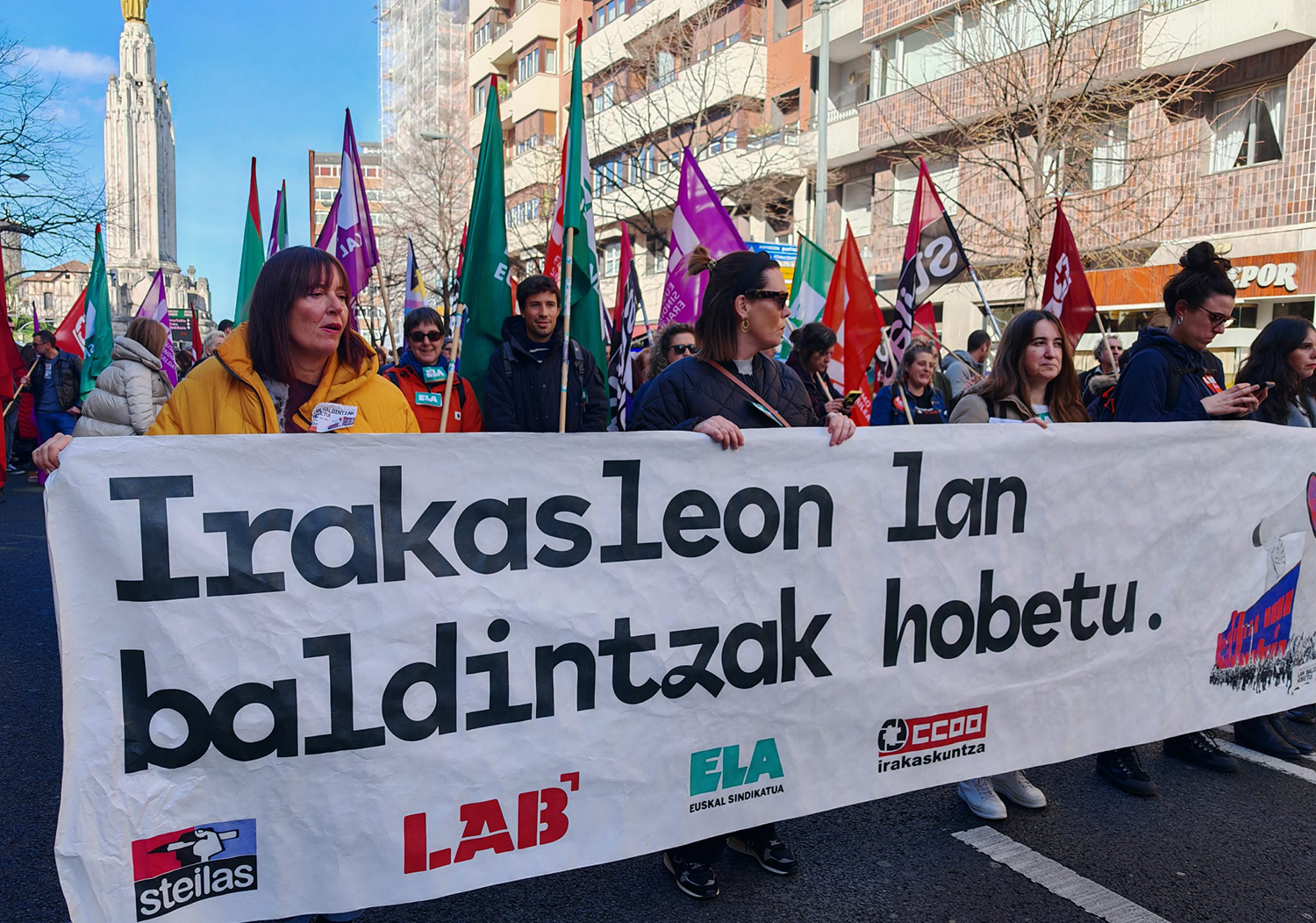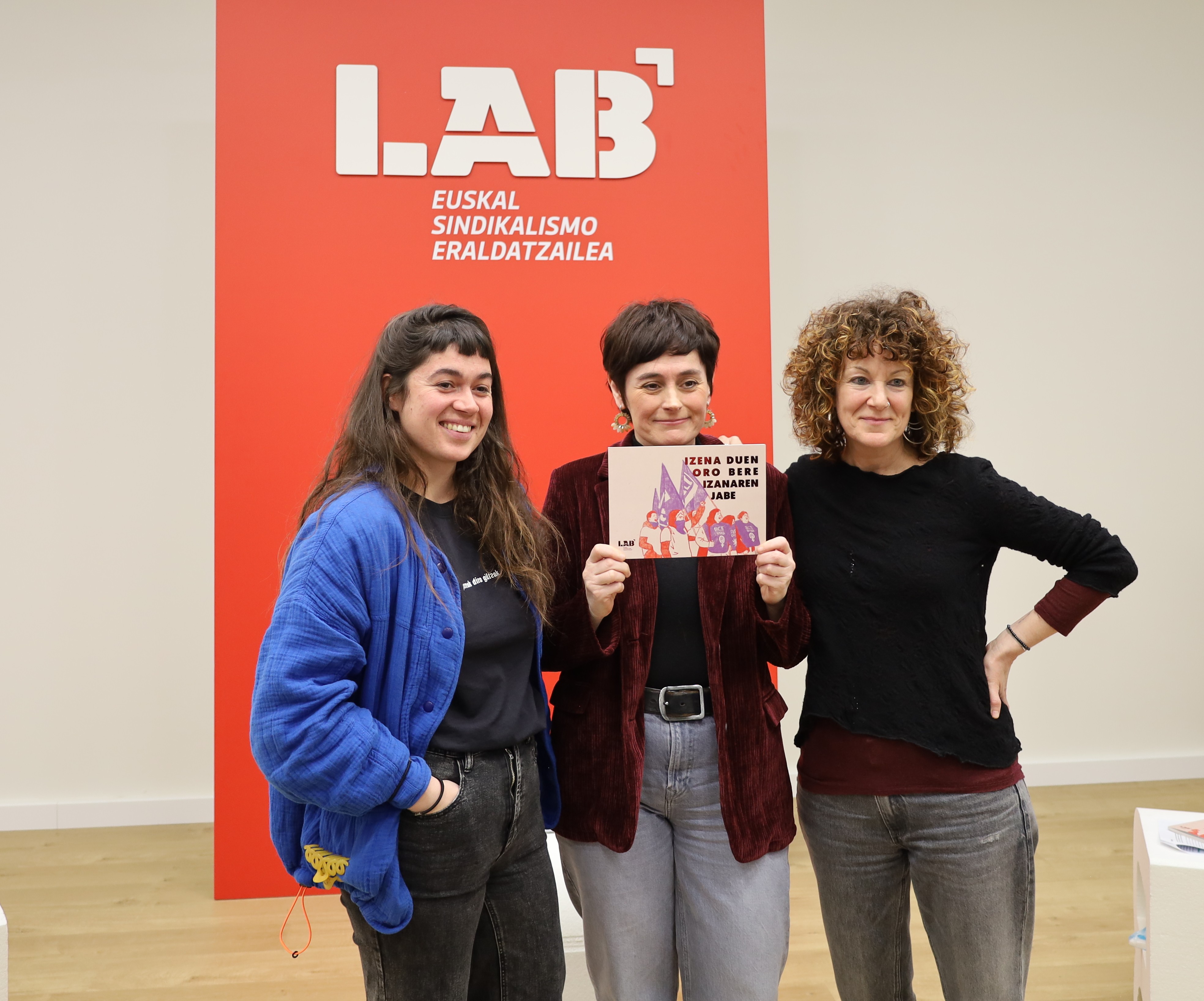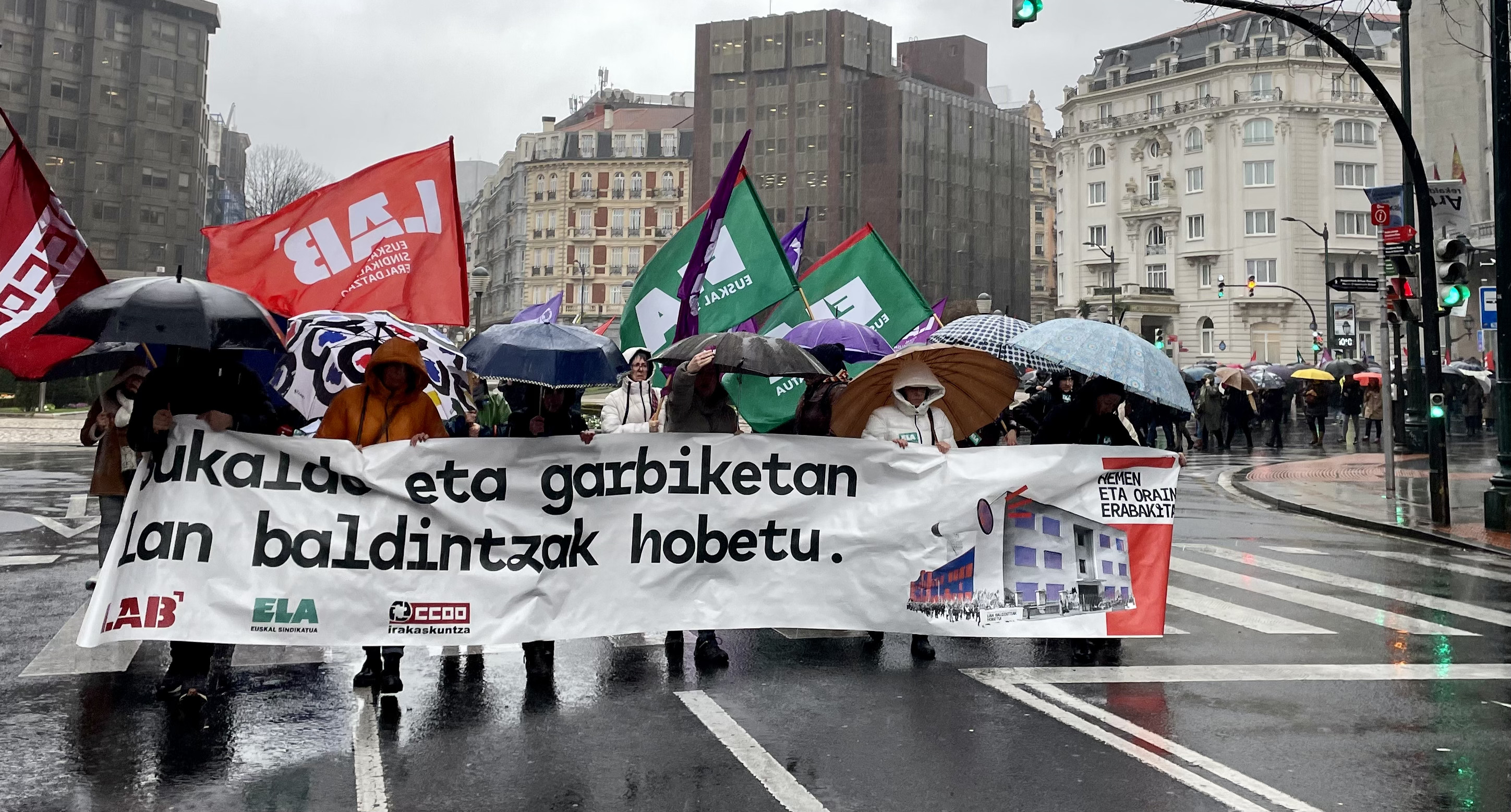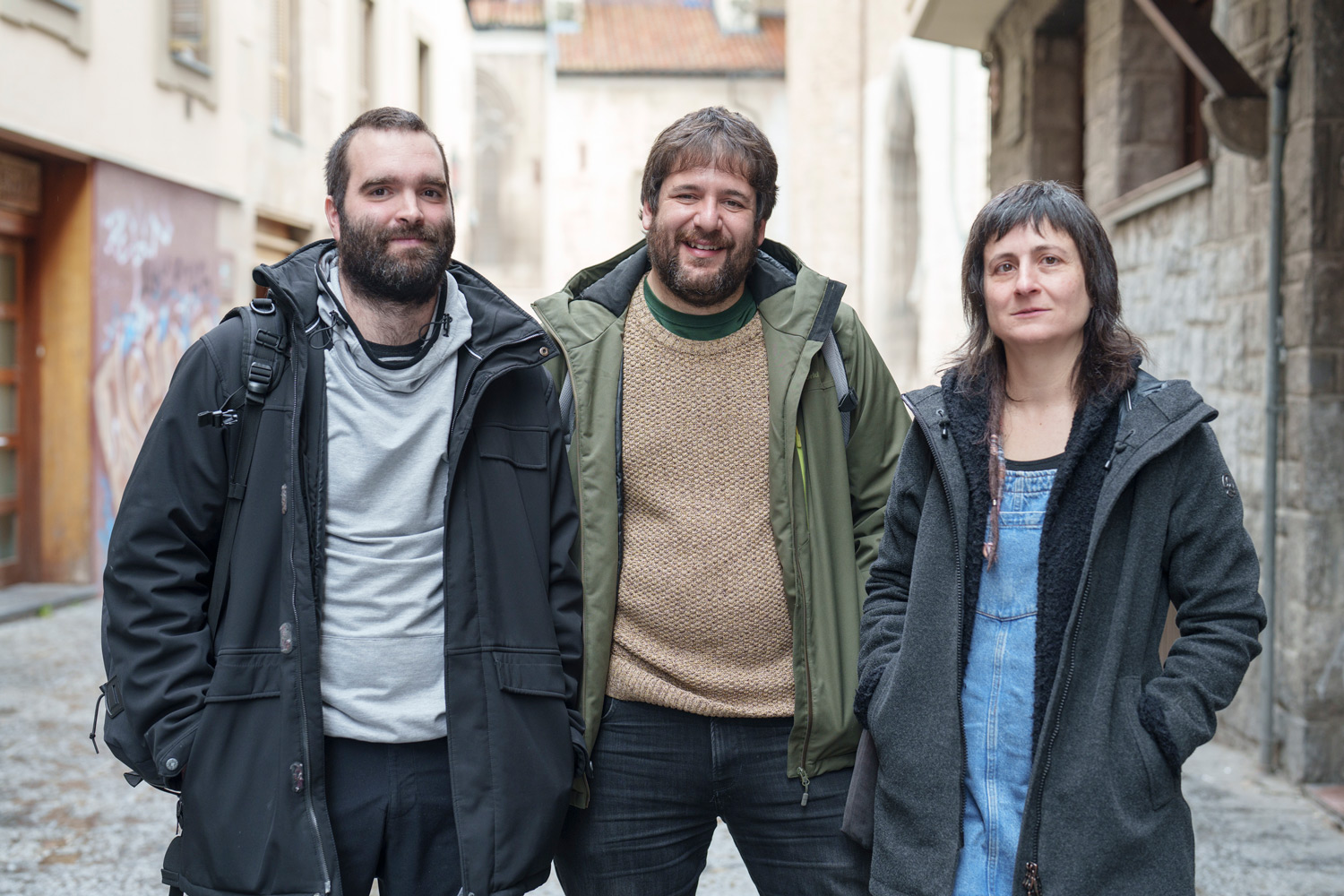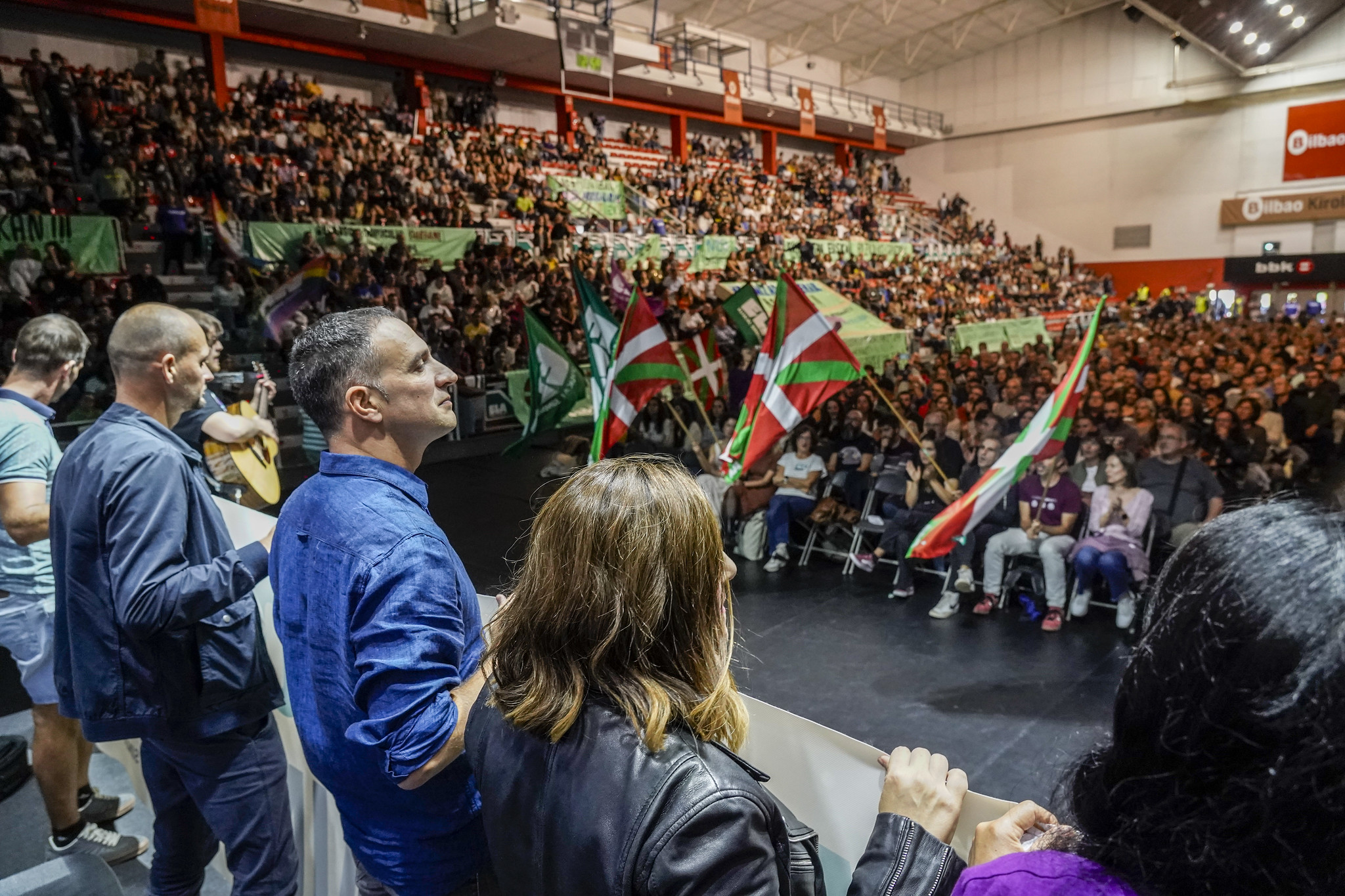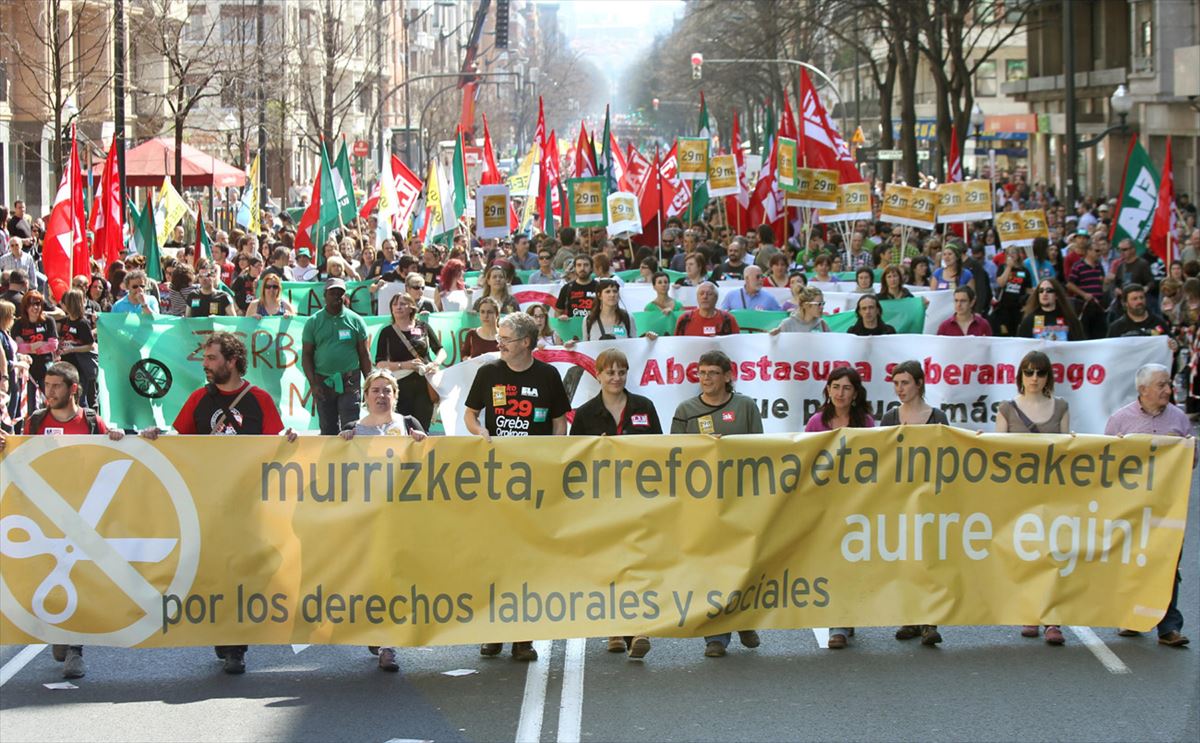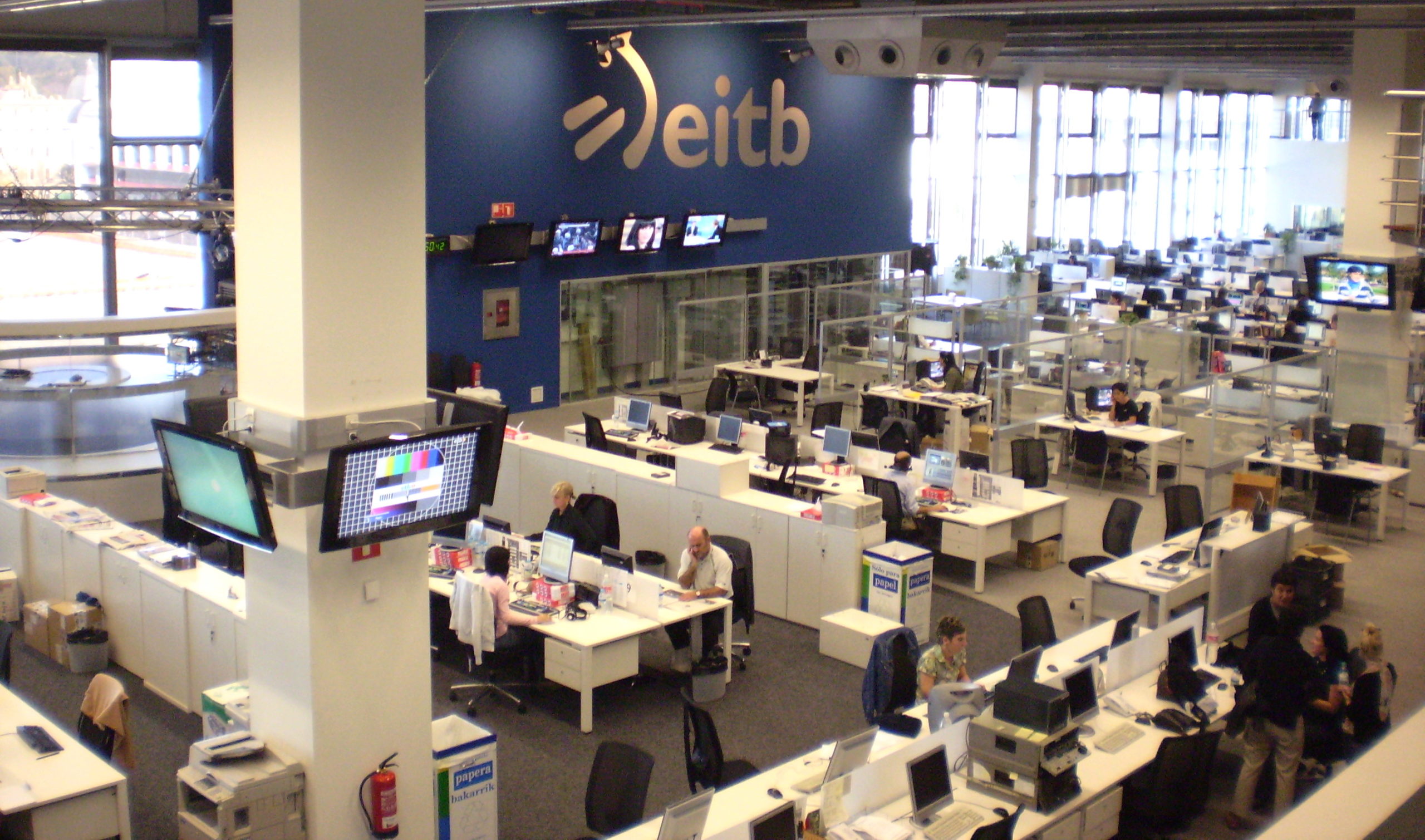LAB will raise a collective conflict to apply the Hospitality Convention to Glovo workers
- LAB's general coordinator, Garbiñe Aranburu, announced at a press conference that they will take a new step in the regularization of Glovo's staff. In particular, it indicates that the union will pose a collective conflict in order to be able to apply the Collective Agreement on Hospitality to this staff.

Because companies like Glovo employ workers as self-employed, which takes away their right to collective bargaining. “They do not have the right to choose trade union representatives,” explains the LAB general coordinator.
LAB explains that digital platforms have brought a new working model and, at the same time, a “new operating formula”. It has denounced that the companies of this group are acting in fraud and that they also feel unpunished.
Fraud is based on the avoidance of the recognition of the employment relationship as an employed person. Therefore, they force workers to leave the self-employed regime, even if they do not have autonomy and are subject to algorithms.
They say that it obliges workers to work in “absolute precariousness”: “without determined working hours, without established wages, without the right to regulated holidays or without the right to occupational health”.
In anticipation of the stabilization of digital platforms, LAB believes that trade unionism has a “challenge”. In view of this, it establishes two objectives: firstly, to eliminate legal fraud and recognize that the employment relationship is an employed person; and, secondly, to establish a regulatory framework for working conditions, making the right to collective bargaining effective.
Regarding the first objective, the union states that in recent years it has filed complaints in the Labor Inspectorate and have gone to the courts, which have shown that the employment relationship is “unquestionable”. In the case of Bizkaia, there is a strong judgment of the High Court of Justice recognising that Glovo workers are employed, that they can apply for the application of the Workers’ Statute and that they can start a demand for quantities with one year of retroactivity.
LAB considers that there are appropriate conditions for a collective conflict. In fact, the CAPV Framework Agreement on Hospitality includes the group of riders in the scope of the Hospitality Agreement. Moreover, they indicate that court rulings guarantee the possibility of entering into the Hospitality Convention.
Aranburu explained that the union intends to start a new model, with the aim of being “a useful tool for all workers”.
Mahai Orokorreko sindikatuek salatu dute Gobernuak utzikeriaz jokatu duela ordezkaritza sindikalarekin negoziatzerakoan, horren adibidea da Estatutu berriaren negoziazioan ezarri duen blokeoa. Gobernua Mahai Orokorrean gai horiek guztiak negoziatzera esertzeko ahalegin ugari eta... [+]
LABek, STEILASek, ELAk eta CCOOek greba egutegi bateratua aurkeztu dute Bilbon: martxoaren 25, 26 eta 27, eta apirilaren 1 eta 2. Egungo hitzarmenak aldarrikatutako edukietatik urrun kokatzen direla adierazi dute, "bai sukaldearen eta garbiketaren kolektiboan zein... [+]
Nahiz eta Nazio Batuen Erakundeak (NBE) 1977an nazioarteko egun bat bezala deklaratu zuen eta haren jatorriaren hipotesi ezberdinak diren, Martxoaren 8aren iturria berez emazte langileen mugimenduari lotua da.
2024ko laneko ezbeharren txostena aurkeztu dute LAB • ESK • STEILAS • EHNE-etxalde eta HIRU sindikatuek aurtengo otsailean. Emaitza larriak bildu dituzte: geroz eta behargin gehiago hiltzen dira haien lanpostuetan.
Grebaren bezperan Hezkuntza Sailak “edukirik gabeko” mahaia deitu zuela eta sindikatu deitzaileak “errespetatu gabe” akordioa “antzezteko” gutxiengoa duten sindikatuak “erabili” nahi izan zituela salatu ostean, beste bi greba... [+]
Lehen aldia da Hego Euskal Herriko euskal gehiengo sindikalak armagintza industriaren moldaketaz taldean eta modu publikoan hitz egiten duena. Aurreko hilabeteotan mugimendu antimilitaristak bilera bana egin du lau sindikatuokin, produkzio militarra “sozialki... [+]










